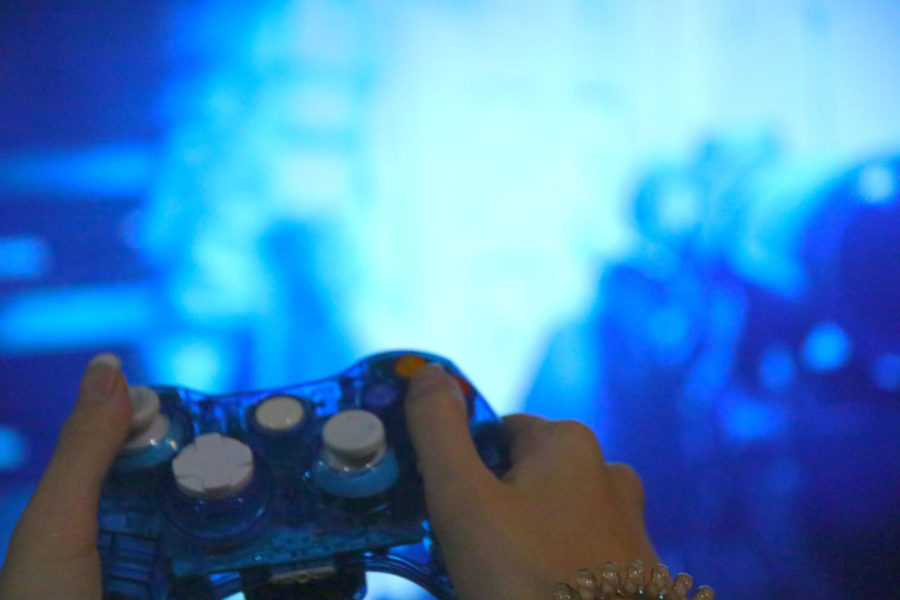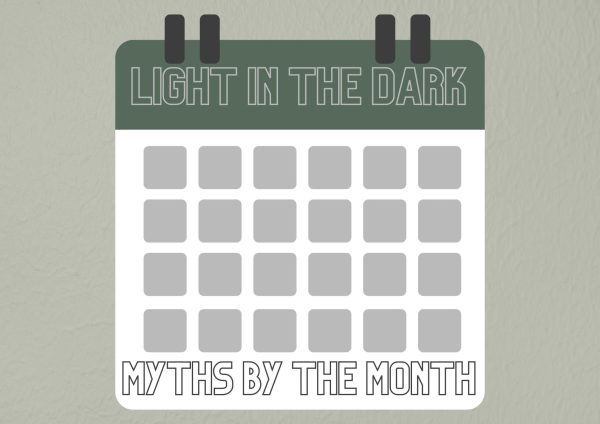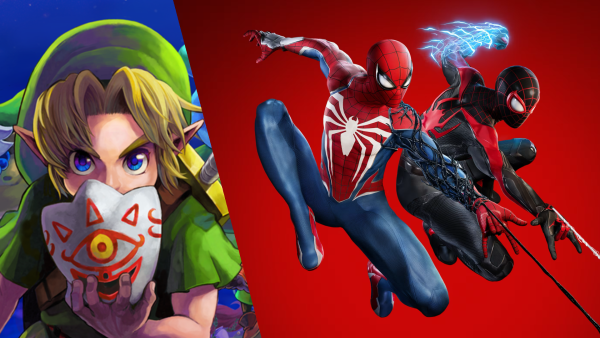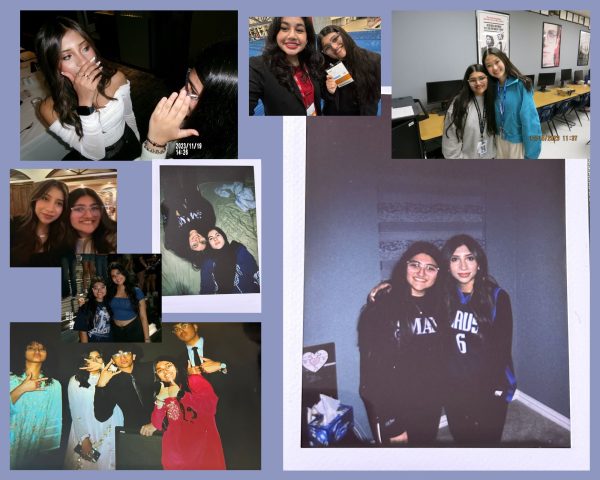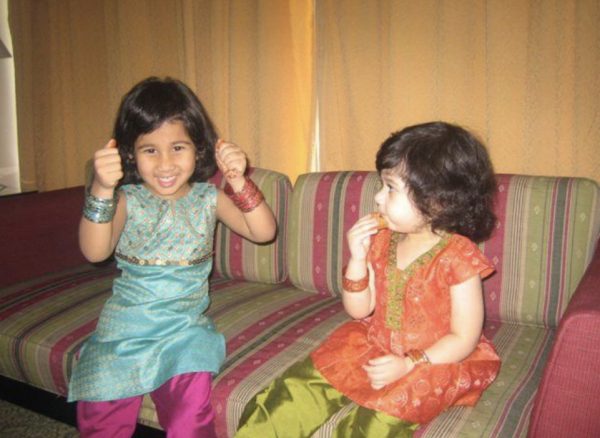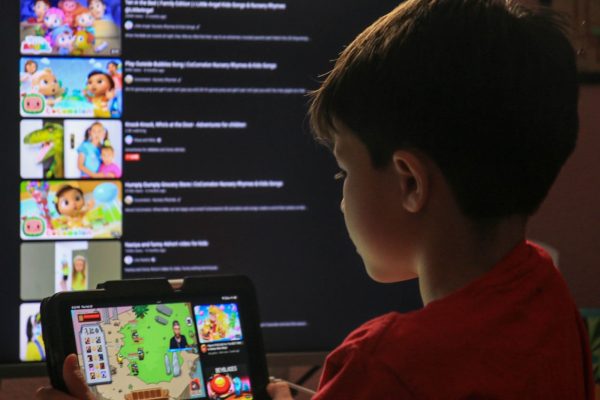Opinion: Fiction normalizes violence
photo illustration Krista Fleming
Violent video games are a common piece of media in today’s culture, but most people don’t realize the effect it has on the people who have to experience that violence in real life.
I’ve always liked pieces of media with action and adventure over more docile genres like romance. I find it more interesting and adrenaline-inducing to watch them, and it tends to make me more invested when there’s something big at stake within the storyline. However, there has always been one factor in this genre of media that I’ve never been able to understand: how graphic violence is depicted.
In action movies, we watch the hero kill villain after villain and show no psychological side effects such as guilt or remorse. But, when we look at statistics from real-life police officers and soldiers, hurting or killing someone causes anxiety, depression, PTSD, dissociation, substance abuse and much more. In fact, a study showed that 7% of police officers were diagnosed with PTSD and 34% suffer from symptoms of PTSD.
When these films and games display violence in such a normalized manner, it invalidates the struggles these people go through and desensitizes the public from these horrible crimes. It’s especially alarming when you realize that in first person shooter games, there are children and teens killing animated people and not seeing any of the consequences that happen when you move from a video game to real life. A study revealed that exposure to violent video games has led to more aggressive behavior in children.
I understand that games like “Call of Duty” or “Fortnite” are solely focused on shooting skills and that adding in these emotional effects would make no sense, but in games that have both a storyline and sense of action, it is more than possible to include the emotional toll killing someone takes on a person to develop a sense of humanity for the audience. It’s the same with movies and shows. I was watching “The Matrix” recently and was baffled about how I could root for the main characters when they kill innocent people without a second thought or any sign of empathy.
We may not see how serious this trend is when we live a life safe from the direct effects of this violence. Even so, we have to think about why we live safely and what happens to the people protecting us. There is a lot more focus being put on mental health in society, but you see no attention being put on this in violent digital media. We need to change the direction we’re going in before graphic violence becomes too romanticized and we go down a path we can’t come back from.

Junior Heather Wheeler is a reporter and this is her second year on staff. She is a rainy day lover who enjoys birds, chocolate and reading.



